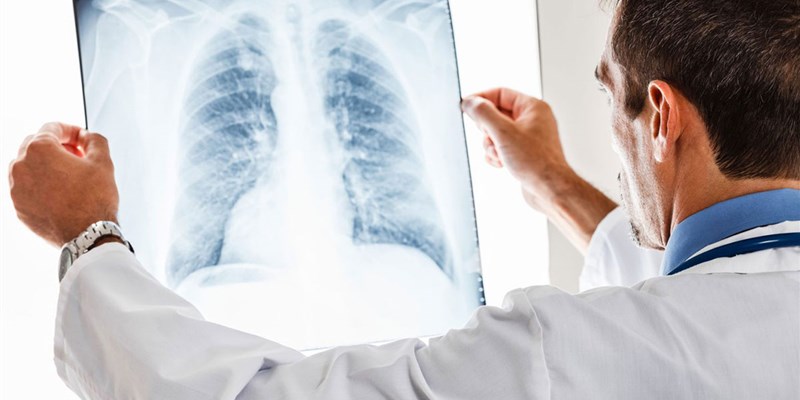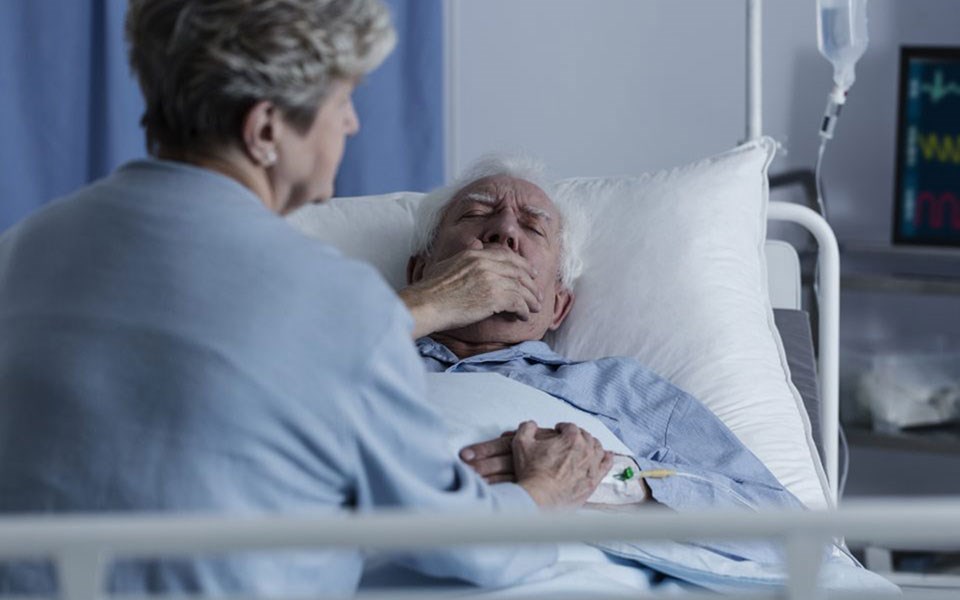
Our cancer information nurse, Sue Green, reminds us that November is lung cancer awareness month. Most people have heard of lung cancer but may not know that there are different types. Are you aware of plans in the UK to introduce a screening programme for people at a high risk of developing lung cancer?
Lung cancer is common – it is the third most common cancer in the United Kingdom. More than 130 people are diagnosed with lung cancer every day.
There are two main types of lung cancer:
Cancers can also spread to the lungs from another part of the body. This is called secondary lung cancer. This blog is about lung cancer that starts in the lungs – primary lung cancer.
Causes of lung cancer
Smoking is the biggest cause of lung cancer. About 7 in 10 (72%) lung cancers in the UK are caused by smoking. The more someone smokes, the bigger the risk.
You can still get lung cancer even if you’ve never smoked. But the risk is much lower.
Other causes of lung cancer include exposure to asbestos, radon gas, and air pollution.
Symptoms of lung cancer
Symptoms can include:
Other symptoms include losing your appetite, losing weight and feeling tired.

If you have any symptoms you are concerned about, visit your GP. Symptoms can be due to other health conditions, not just cancer.
Treatment for lung cancer
This depends on the type of lung cancer and its [stage].
Treatments include surgery to remove the cancer, radiotherapy and drug treatments.
Radiotherapy uses high-energy x-rays to destroy cancer cells.
There are different drugs that can be used to treat lung cancer. These include:
People may have just one type of treatment or a combination.
A multidisciplinary team plans treatment. This is a team of specialists with expertise in caring for someone with lung cancer.
Targeted lung cancer screening
Recently the National Screening Committee have recommended that people with a high risk of getting lung cancer should be screened.
This programme is just being started, and there’s a lot that we don’t know yet. But the recommendation is that anyone aged between 55 and 74 who smokes or has smoked in the past should be invited to an assessment. If it is found they are at high risk of developing lung cancer, they should be offered a low-dose CT scan. Evidence shows that this can help save lives.
Where can I get more information and support?
Being diagnosed with cancer can significantly impact your life and the lives of your family and friends. You can find yourself having to attend hospital appointments and dealing with the impact a cancer diagnosis can have on your emotions, finances, and relationships.
Our website provides information about lung cancer, different cancer treatments, managing your finances, and coping with your emotions. You can also talk to one of our advisers on the Macmillan Support Line - ring 0808 800 00 00 from 8 am to 8 pm, seven days a week.
The Roy Castle Lung Cancer Foundation can also provide information and support.
Whatever cancer throws your way, we’re right there with you.
We’re here to provide physical, financial and emotional support.
© Macmillan Cancer Support 2026 © Macmillan Cancer Support, registered charity in England and Wales (261017), Scotland (SC039907) and the Isle of Man (604). Also operating in Northern Ireland. A company limited by guarantee, registered in England and Wales company number 2400969. Isle of Man company number 4694F. Registered office: 3rd Floor, Bronze Building, The Forge, 105 Sumner Street, London, SE1 9HZ. VAT no: 668265007